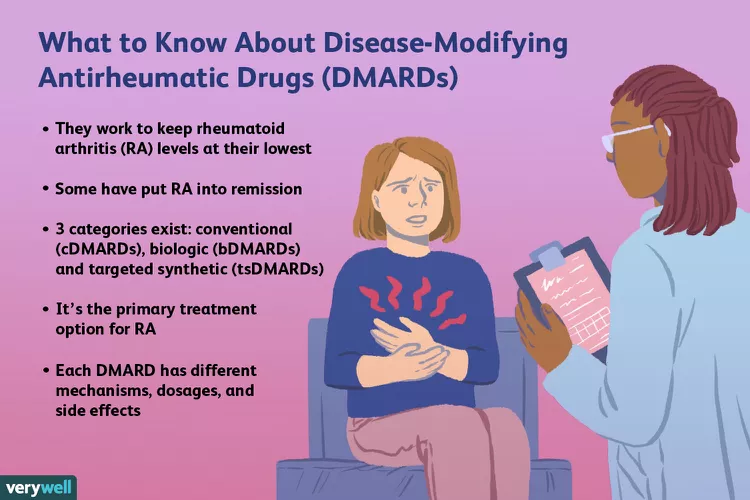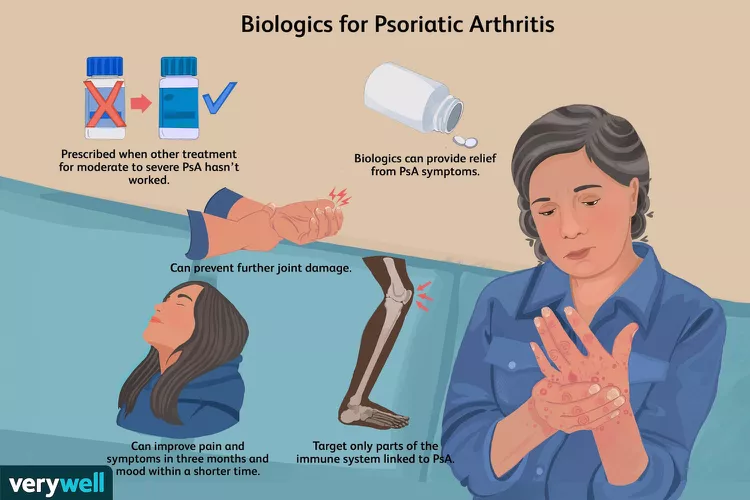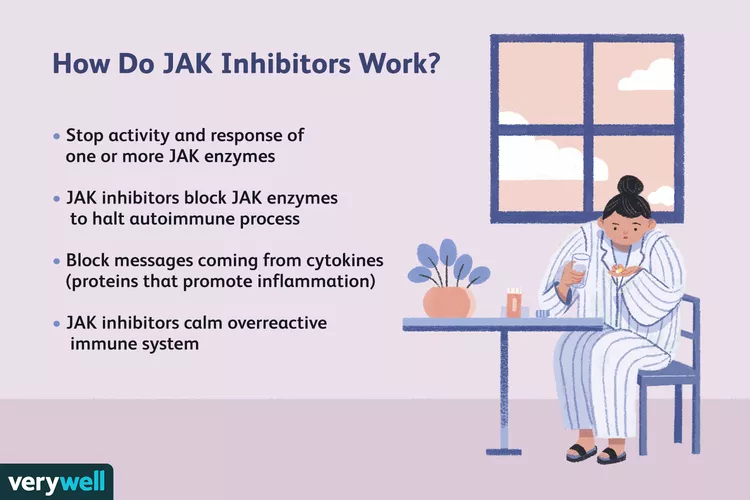I know this post won’t be for everyone but I hope it helps the people newly diagnosed with inflammatory arthritis who feel as shell-shocked and confused as I felt. I didn’t know just how progressive the disease was and that it was really important to be proactive in treating. Especially because it often takes so many years to finally get a diagnosis. I hope this post helps other understand some of the options out there.
There are a few different ways to treat inflammatory arthritis conditions. A lot of these medications also treat things like lupus, Crohn’s and colitis, too.
“These autoimmune diseases are systemic, which means if you constantly have inflammation running through your body, it doesn’t just affect your joints, it can affect your organs,” Luna explains. “Long-term consequences can lead to heart attacks or lung problems.”
DMARDS
“Disease-modifying antirheumatic drugs” are usually the first treatment. The first one doctors seem to go to is Methotrexate. (The other popular ones are Leflunomide, Hydroxychloroquine, and Sulfasalazine.)
This family of medications works by broadly restricting your immune system to decrease pain and inflammation, prevent joint damage, and slow the progression of the disease. These are usually in pill form, but I’ve heard of others taking methotrexate as an infusion or injection (especially if the GI issues are too severe in pill form).
Methotrexate has been around for a really long time and it seems to be why it is the first stop. (I’m guessing it’s also cheap and so insurance approves it first!) It was first used in the 1940s for childhood leukemia and has been used for rheumatoid arthritis for over 30 years. I mention this because I know a lot of people will be scared (like I was) when they see that it is a chemotherapy drug. The side effects are similar, too: nausea, vomiting, hair loss, mouth sores. You can’t take these while you are pregnant, nursing, trying to get pregnant, etc. You can’t drink alcohol on it. You need to get your liver checked periodically.
(These are the ones I know the most about because they were the ones I was going to take, so I researched the bejeezus out of them.)
Biologics are protein-based medications that target specific parts of the immune system. “Biologics are genetically engineered drugs that work in a more targeted way by blocking cytokines, the proteins needed to cause an immune response.”
These are the ones that are either injections at home or infusions in a clinic. (I do the infusions.)
If you watch any kind of traditional TV (and apparently sports has a lot of these) you will see the drug commercials for these types of medications but you just didn’t notice it. Or maybe you noticed the long list of super scary side effects the commercials listed!


There are a few types in this family of medications.
- TNF Inhibitors (tumor necrosis factor-a)
This group seems to be the most used of the biologics. The popular ones are Humira, Enbrel, Remicade and Cimzia. These ones work fairly quickly. They reduce inflammation and stop permanent damage to your joints and body. When I started my infusions of Inflectra (biosimilar to Remicade) I saw improvement in my joint pain in just a few weeks.
A few downsides: because it reduces your immune system in order for your body to stop attacking itself, it can make you more susceptible to illness (Notable: I haven’t seen that happen YET. Zoey has come home from daycare with a few different stuffy/runny nose illnesses and I did not get them–which is odd for me!). A podcast I listened to interviewed a doctor from Baylor and he said his patients google the drugs and get scared. They say “doctor these drugs are suppressing my immune system, they are going to give me cancer.” And his response: “We are not suppressing your immune system, we are MODULATING it, bringing it ‘back to normal’. We take one chemical/cytokine in your body that is in excess amount and we bring it back to normal and the rest of your immune system is left intact.” I thought that was a great way to put it!
I had to get a TB test before starting treatment. I can’t get certain kinds of vaccines. Also, your body can start making antibodies over time, which means the medication stops working. Which is something I am learning about with my reading and the podcasts I’ve discovered. It seems to be pretty normal for people to try many different treatments over the years and then have to switch when they stop working.
These are also popular. Some of them are Taltz, Cosentyx, Stelara, Skyrizi, and Tremfya.
“Interleukin inhibitors work by targeting cytokines that act as chemical signals between the white blood cells in response to an invading infection. They suppress the activity of these cytokines, thus suppressing the immune system and reducing inflammation.”
“Interleukin is essential for transmitting information, activating and regulating immune cells, propitiates the cell activation, proliferation and differentiation of T cells and B cells…Interleukin-18 is a regulator of autoimmune diseases and cancer.” (source)
These seem to be self-injectables.
JAK Inhibitors
“A JAK inhibitor interferes with signals in the body that are thought to cause inflammation. This, in turn, reduces the inflammation that fuels diseases like eczema, psoriatic arthritis, and vitiligo. With less inflammation, the immune system calms down.”
Some of the meds are Rinvoq, Xeljanz. It seems like when the other types of treatments aren’t working, these are tried next. These are usually pills, so no injections needed! Good for people who are scared of needles. You can read more here.
Insurance seems to be the biggest factor for which medication your rheumatologist suggests first. There’s something called “Step Therapy” as well, which is an awful concept when someone is in pain–basically you need to “fail” a certain amount of medications before trying others that will work better. You can totally contest this, and I suggest you give it a try if your insurance is forcing it on you. (Thankfully, there are people trying to change this system.)
Another thing to keep in mind, your doctor may skip the usual medication routes depending on the severity of your disease and what condition you have. For example, I have axial spondyloarthritis as well as PsA so that was why he didn’t start me with methotrexate (DMARDS) and went right to the biologic.
I know this is a LOT of information. When you get a diagnosis like Rheumatoid Arthritis or Psoriatic Arthritis, it’s super overwhelming and you don’t know where to start with the research. I hope it helps give someone else some guidance!



Buster
Hi Lisa,
It’s really been a struggle, hasn’t it? I don’t envy you. By any chance, have you checked out “Thomas’ blog?” He’s a fellow Pdx runner, I think. You might have some things in common? I wish you all the best!
Lisa Eirene
Thank you for the suggestion! I will look for it